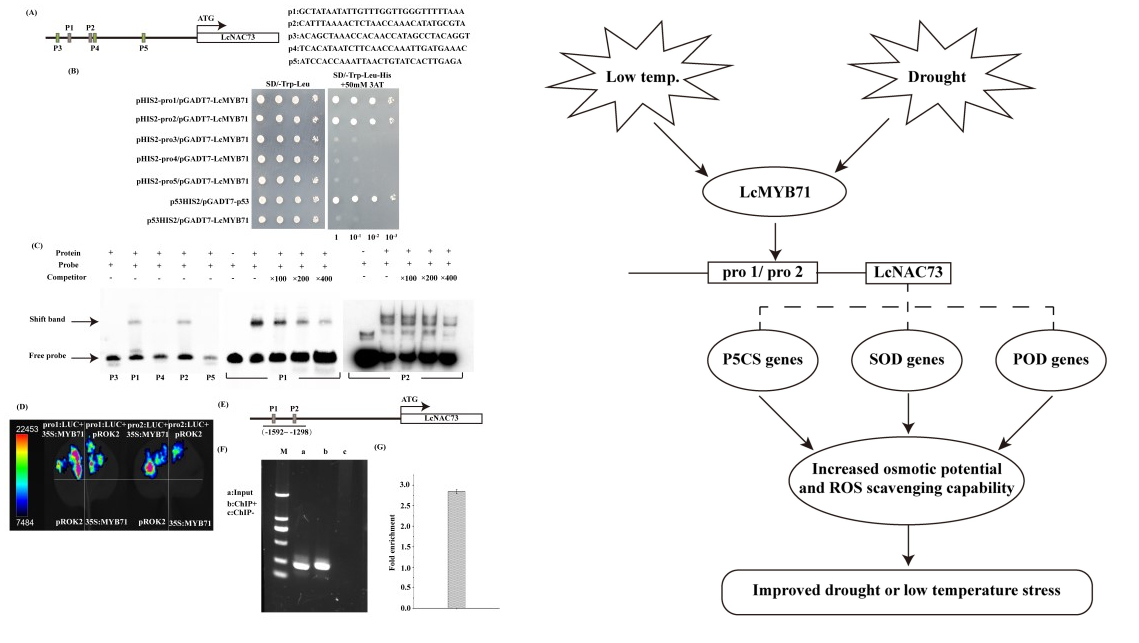Lonicera caerulea L., also known as Lonicera edulis, is a shrub berry belonging to the Lonicera Caerulea subgroup of the Lonicera family. It has strong cold resistance, which can withstand -50°C low-temperature.
In recent years, the development of Lonicera edulis industry has been rapid, and has become a highlight of the characteristic economic development of mountainous and forest areas in Heilongjiang Province.
At present, the basic research on the stress resistance of Lonicera caerulea L. is not yet in-depth, and the related genes and cold resistance mechanisms are not clear. There is a lack of innovation and theoretical support in the selection of stress resistant varieties.
Recently, the research team of the Understory Plant Resources research group of Northeast institute of Geography and Agroecology established the transient genetic transformation technology suitable for Lonicera caerulea L., and applied to identify gene function in Lonicera caerulea L. for the first time.
This study was published in Frontiers in Plant Science .
The transcriptional cascade composed of LcMYB71 and LcNAC73 mainly responds to low-temperature and drought stress mainly by increasing the scavenging ability of reactive oxygen species and the proline synthesis pathway (Figure 1).
We conducted in-depth research on the transcriptional cascade stress resistance mode composed of LcMYB71 and LcNAC73 inLonicera caeruleaL.using two methods: transient expression and heterologous expression, laying a foundation for studying the stress resistance regulatory network of Lonicera caerulea L. and cultivating high-quality new varieties.

Figure 1. Pattern diagram of LcMYB71-LcNAC73 cascade response to low-temperature and drought stress in Lonicera caerulea (Image by ZANG Dandan)
Contact
Zang Dandan
Northeast Institute of Geography and Agroecology
E-mail: zangdandan@iga.ac.cn
Reference
Transcriptional regulatory cascade of LcMYB71 and LcNAC73 affects low-temperature and drought stress response in Lonicera caerulea